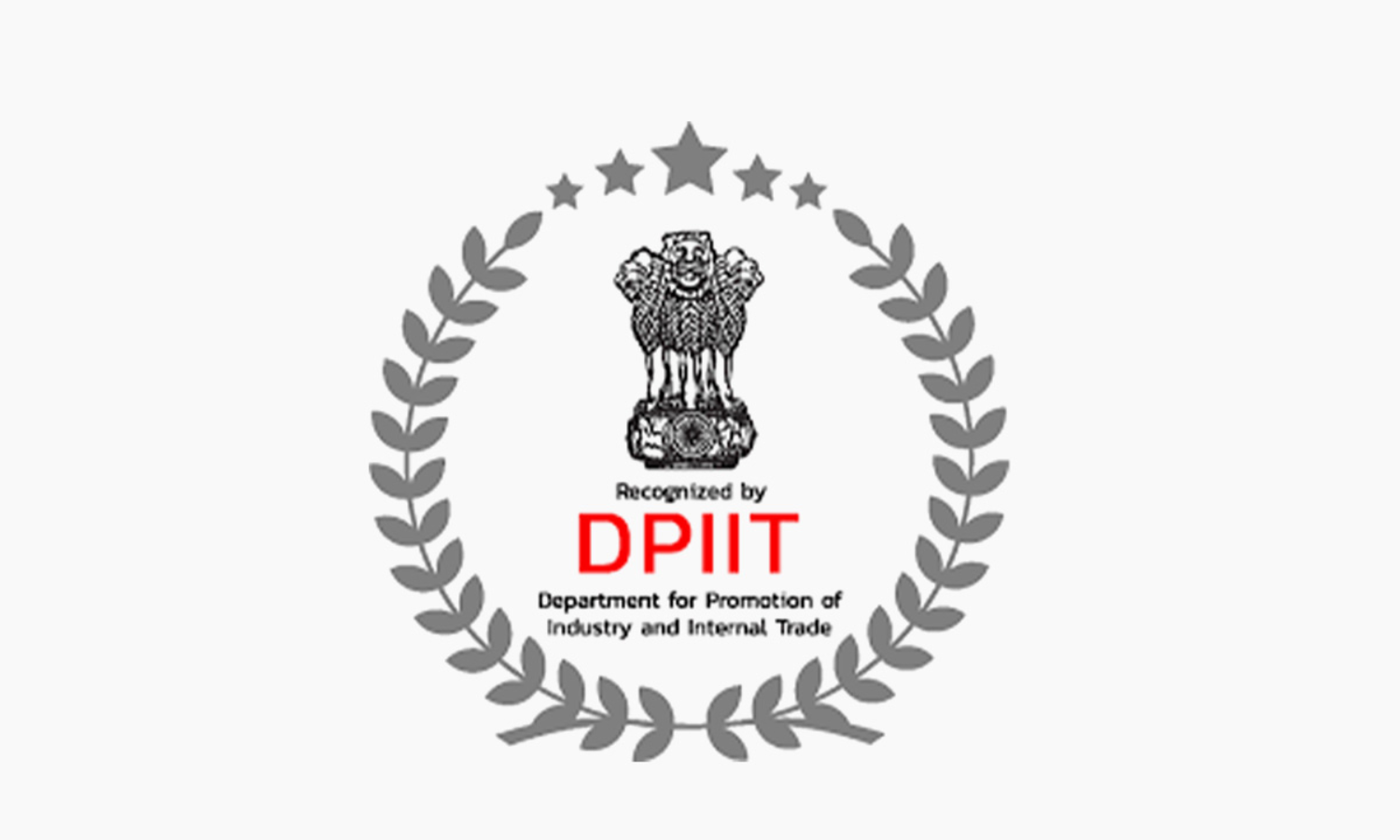DPIIT Extends Quality Control Order Deadline for Electrical Appliances to March 2026
The Ministry has been simultaneously building testing infrastructure, formulating detailed product manuals, and accrediting testing laboratories to ensure the smooth implementation of QCOs and avoid potential supply chain disruptions.

- Country:
- India
In a significant move aimed at balancing regulatory rigour with industry readiness, the Department for Promotion of Industry and Internal Trade (DPIIT), under the Ministry of Commerce and Industry, has officially extended the implementation timeline of the Safety of Household, Commercial and Similar Electrical Appliances (Quality Control) Order, 2025. The revised notification was issued on 19th May 2025, providing much-needed relief to domestic and foreign manufacturers navigating compliance obligations.
This extension follows an extensive round of stakeholder consultations chaired by Union Minister Shri Piyush Goyal on 15th May 2025, where multiple industry representatives voiced practical concerns over implementation challenges, especially related to legacy stock and capacity constraints among micro and small enterprises.
Vision of a Quality-Driven Manufacturing Ecosystem
Aligned with Prime Minister Shri Narendra Modi’s vision of strengthening India's manufacturing standards and bolstering the international reputation of 'Made in India' products, the DPIIT has been proactively instituting Quality Control Orders (QCOs) across diverse sectors. These initiatives are designed not only to enhance product safety but also to uplift the overall quality framework that governs Indian industries.
The Ministry has been simultaneously building testing infrastructure, formulating detailed product manuals, and accrediting testing laboratories to ensure the smooth implementation of QCOs and avoid potential supply chain disruptions.
New Implementation Timeline and Target Audience
The revised QCO is now scheduled to come into force on 19th March 2026, specifically for:
-
Domestic large and medium enterprises, and
-
Foreign manufacturers.
This adjusted timeline provides industry players with ample time to align their manufacturing processes, upgrade testing facilities, and deplete legacy inventories, ensuring minimal disruptions to business continuity.
Scope of the Quality Control Order
The QCO applies to all electrical appliances intended for:
-
Household use
-
Commercial applications
-
Similar settings
These appliances must operate at a rated voltage not exceeding 250V for single-phase devices and 480V for multi-phase or other types, including DC-supplied and battery-operated appliances.
However, appliances already covered under existing QCOs or mandatory BIS (Bureau of Indian Standards) certifications are excluded from this new mandate.
Key Relaxations and Exemptions Introduced
To further promote ease of doing business and accommodate sector-specific concerns, the revised QCO integrates several pragmatic exemptions:
-
Micro Enterprises: Granted an additional 6-month extension, pushing their deadline to 19th September 2026.
-
Small Enterprises: Awarded a 3-month extension, making their effective compliance date 19th June 2026.
-
Import Exemptions:
-
For domestic manufacturers importing components for export-oriented finished goods.
-
For R&D purposes, permitting import of up to 200 units per model.
-
-
Legacy Stock Clearance: Businesses will be allowed to sell or distribute stock manufactured or imported before the effective date, within six months post-implementation.
Implications for Industry and Consumers
The QCO is positioned as a strategic tool to:
-
Curb the import of substandard electrical appliances.
-
Ensure higher safety and reliability standards for consumers.
-
Drive competitiveness among Indian manufacturers by enforcing quality benchmarks.
-
Enable Indian goods to meet global export standards, enhancing market access and boosting India's export economy.
Towards a Self-Reliant India
The revised Quality Control Order is a key step forward in the Government of India’s broader mission of building a self-reliant and globally competitive manufacturing ecosystem, under the Aatmanirbhar Bharat initiative.
With clear guidelines, measured timelines, and reasonable exemptions, the DPIIT is paving the way for an industrial landscape that is both regulatory-compliant and business-friendly—a fine balance crucial for India’s economic ascent in the coming decade.










